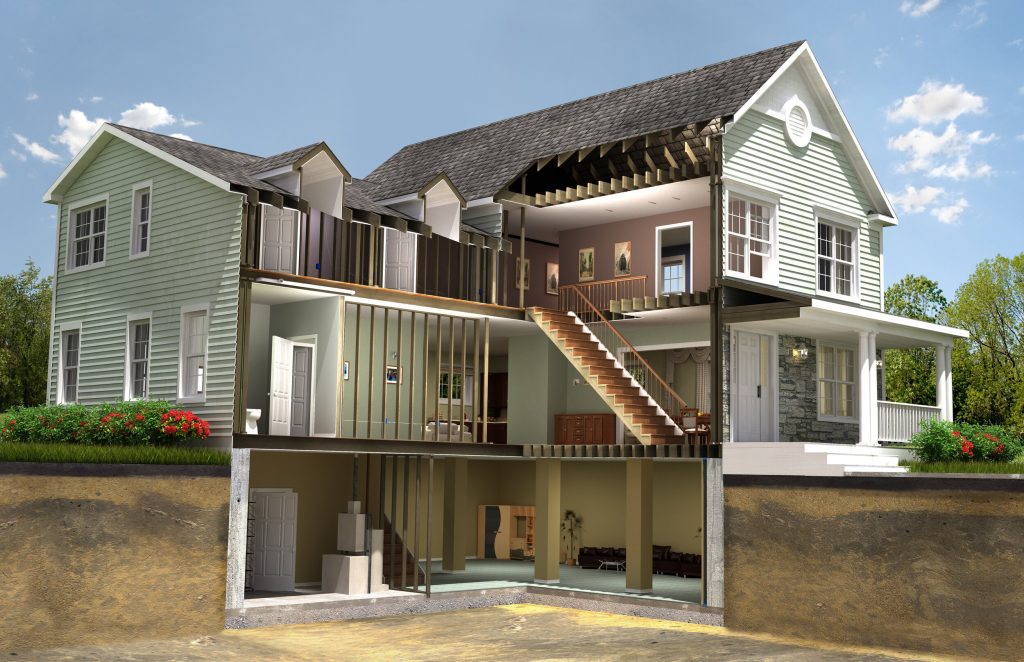Choosing the right HVAC Heating, Ventilation, and Air Conditioning system for your home is a critical decision that can affect your comfort, energy efficiency, and monthly utility bills. The ideal system will provide reliable temperature control, improve indoor air quality, and reduce energy consumption. Here are expert tips to help you make the best choice for your home.
- Evaluate Your Home’s Size and Layout
One of the most important factors when selecting an HVAC system is your home’s size. A system that is too small will struggle to heat or cool your home efficiently, while one that is too large will cycle on and off frequently, leading to unnecessary wear and higher energy costs. To ensure you are choosing the right-sized system, ask your HVAC contractor to perform a load calculation using Manual J, a widely accepted method for determining your home is heating and cooling needs. The layout of your home, such as the number of rooms and whether you have high ceilings or large windows, will also affect the system’s efficiency.
- Consider Energy Efficiency
Energy efficiency is a crucial consideration for both the environment and your utility bills. When shopping for an HVAC system, check the Seasonal Energy Efficiency Ratio SEER and Heating Seasonal Performance Factor HSPF ratings. Higher SEER and HSPF ratings indicate better energy efficiency. Many modern HVAC systems come with advanced energy-saving features, such as variable-speed motors and smart thermostats that can further reduce energy consumption. Although energy-efficient systems may have a higher upfront cost, the long-term savings on utility bills usually justify the investment.

- Choose the Right Type of HVAC System
There are various types of HVAC systems available, and choosing the right one depends on your home’s specific needs. Central air conditioning systems are common in larger homes and provide uniform cooling, while ductless mini-split systems are ideal for smaller homes or spaces that lack ductwork. Heat pumps are an energy-efficient option for both heating and cooling in moderate climates, while traditional furnaces may be the best choice for colder regions. Consult with an Livonia HVAC Livonia Michigan professional to determine which system best suits your climate and home design.
- Check Indoor Air Quality Features
Your HVAC system plays a vital role in maintaining indoor air quality. Look for systems that include air filtration features to remove allergens, dust, and other airborne particles. Some systems also offer humidity control, which can prevent mold growth and improve comfort. If anyone in your household suffers from allergies or asthma, investing in a system with superior air purification features may be especially important.
- Assess Long-Term Maintenance and Warranty
Every HVAC system requires regular maintenance to function efficiently and last for its expected lifespan. Before making a purchase, understand the long-term maintenance needs of the system. Some systems require more frequent servicing than others, so factor that into your decision. Additionally, ensure the system comes with a robust warranty that covers critical components like the compressor or heat exchanger, as these are typically the most expensive parts to replace.
